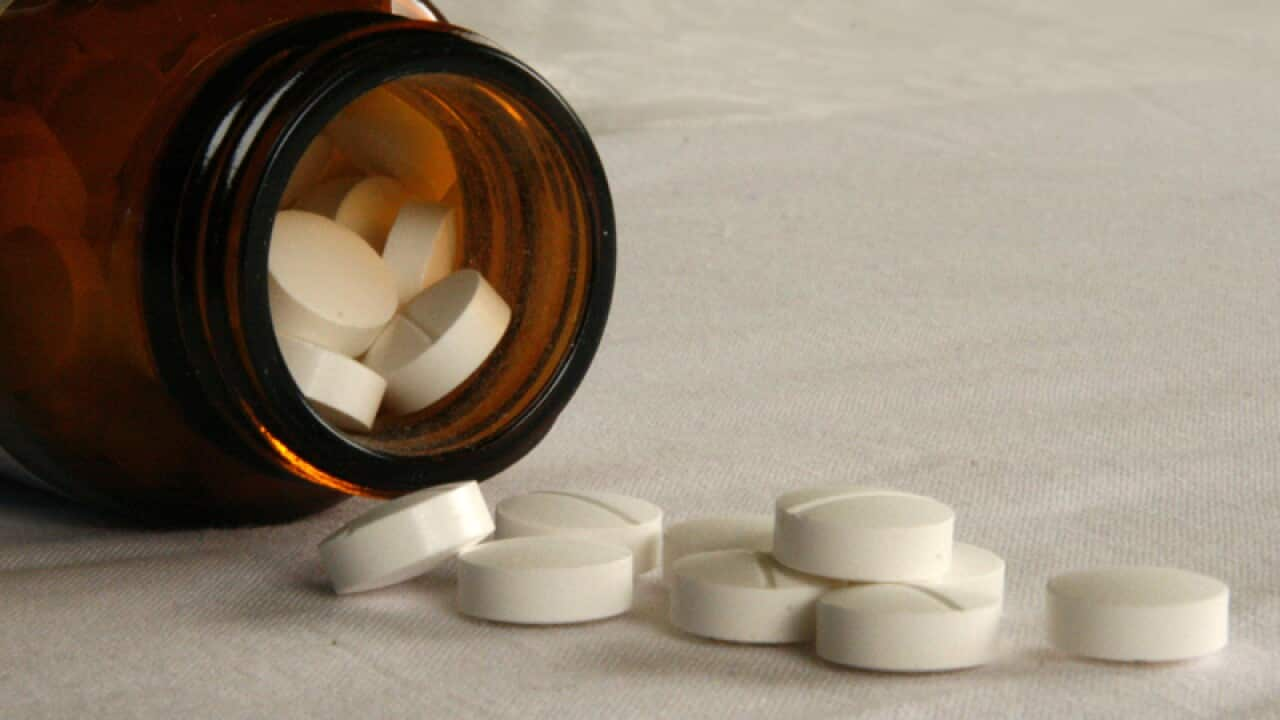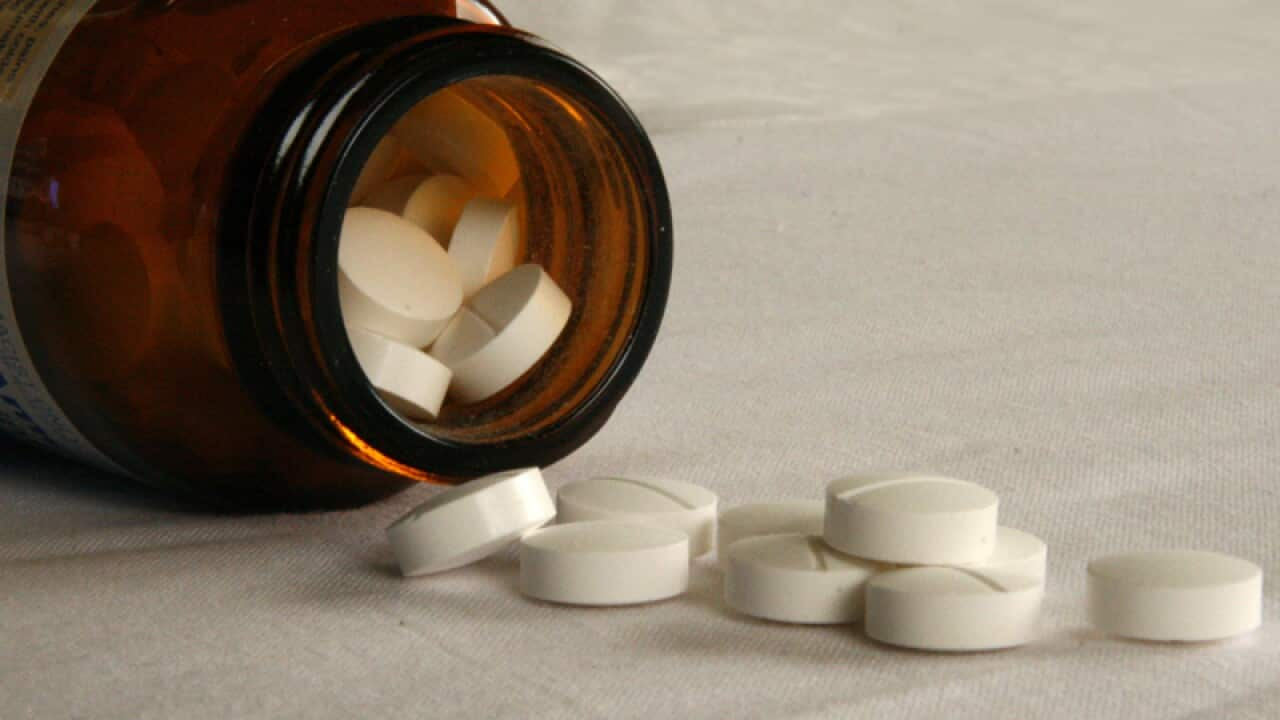This should send shivers down all our spines. Researchers from China reported they found a new mutation (called the MCR-1 gene) that is resistant to the antibiotic Colistin. Colistin is already considered a ‘last resort’ drug; one used only when all other antibiotics have failed. Researchers warned this means we could be on the verge of a “post-antibiotic era”.
Antibiotics are used to kill bacteria. But as they are applied some bacteria form mutations, which allows them to resist the treatment. These bacteria then multiple, making particular antibiotics no longer effective. With this, new drugs and treatments are needed. Science is required to constantly adapt — to keep ahead of mutating bacteria.
Scientists have been warning us about antibiotic resistance for decades. Alexander Fleming, for example, warned us about the overuse of antibiotic as he accepted his Nobel Prize in 1945 for discovering penicillin. Over the past decade many scientists have increasingly raised the alarm bells, leading to the World Health Organisation to declare it a “serious, worldwide threat to public health”. As Timothy Walsh says: "antibiotic resistance in some parts of the world is like a slow tsunami, we've known it's coming for years and we're going to get wet.”
With the discovery in China it seems we are likely to get wet sooner rather than later. The consequences of this couldn’t be more serious. Antibiotics form the base of much modern medicine. Antibiotic resistance would ensure common infections would shift from an inconvenience to a potential death sentence, whilst surgery and cancer therapies would both be much more complex and dangerous.
It is time to put serious energy into a solution. There are two things we need to do, and fast.
First, we need to start reinvesting significant amounts of money into finding new forms of antibiotics, or alternative treatments from current drugs. Until a potential breakthrough earlier this year we’ve had no new antibiotic discoveries since 1987, meaning we haven’t had new alternatives when bacteria become resistant to current treatments.
While some may argue this is due to us physically running out of alternatives it is more likely to be due to a lack of investment, in particular from private companies. As Leigh Phillips explains in his book Austerity Ecology & the Collapse-Porn Addicts:
"The reason for this is straightforward: big pharmaceutical companies have refused to engage in research into new families of antibiotic because such drugs are not merely unprofitable, but are antithetical to capitalism’s operating principles. The less they are used, the more effective they are. As these firms readily admit, it makes no sense for them to invest an estimated $870 million per drug approved by regulators on a product that people only use a handful of times in their life, compared to investing the same amount on the development of highly profitable drugs that patients have to take every day for the rest of their lives."
Some governments have started to deal with this issue; the EU and partners launching the program “New Drugs for Bad Bugs” and Barack Obama pledging $1.2 billion this year. Yet this money is still relatively small, and relies (at least in part) on private companies who so far have done little to solve the problem. Significant public investment in new research is therefore desperately needed.
But new drugs can only go so far. Modern drug resistance is both a symptom of a lack of discovery but also of the way we use current drugs. The antibiotics we have have been used far too much, both by patients expecting them for every minor ailment (even for colds, which cannot be treated by them), to the widespread use in animal agriculture. Overuse results in bacteria having more opportunities to mutate, making resistance far more likely to occur. Proper regulation of antibiotic usage is therefore essential, ensuring the continued effectiveness of current treatments, and the survival of future discovered drugs.
The question is how do we do this? Some have argued we should look to models such as international negotiations on climate change, which presents many of the same dilemmas of collective responsibility. However, if the slow progress on global climate change action is any indication than this is probably not ideal. Others have argued that individual countries should take action on their own, with China being seen by many as the key player in the issue. Unlike climate change there is less potential economic harm for countries if they reduce antibiotic use, making this form of action more likely.
Either way, some form of collective action is required that both limits the use of antibiotics in agriculture and reduces usage in human populations. This would require government regulation, in particular of the agricultural sector, and education for both doctors and patients, ensuring drugs are only prescribed at relevant times. Brought together we need to significantly reduce our use of antibiotics, ensuring they are used only when needed.
We are on the verge of a post-antibiotic world. The time to act is now. If not, the consequences could be huge.
Simon Copland is a freelance writer and climate campaigner. He is a regular columnist for the Sydney Star Observer and blogs at The Moonbat.
Share


